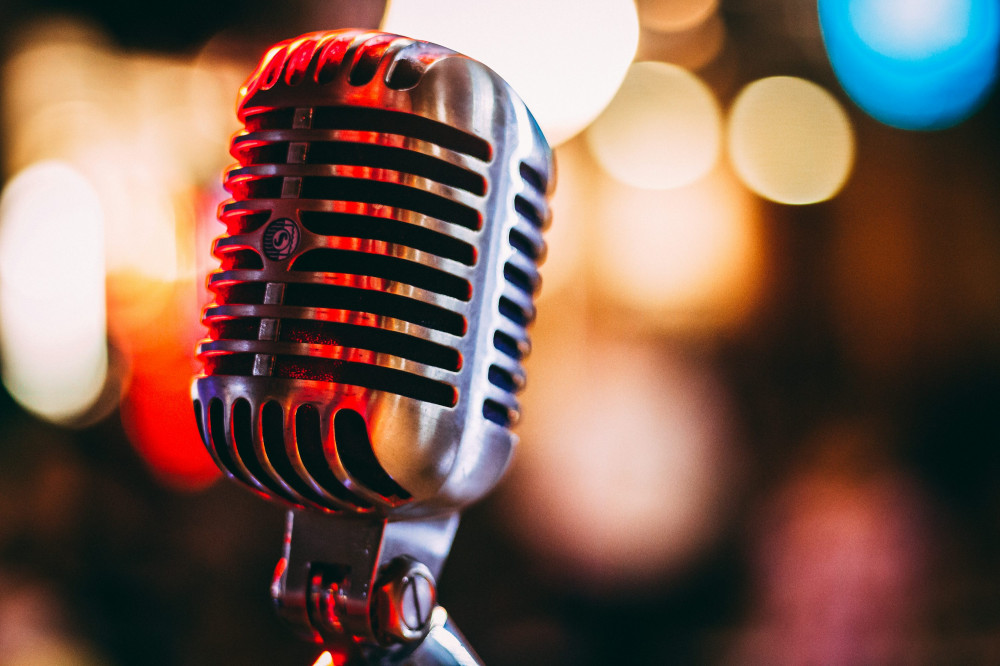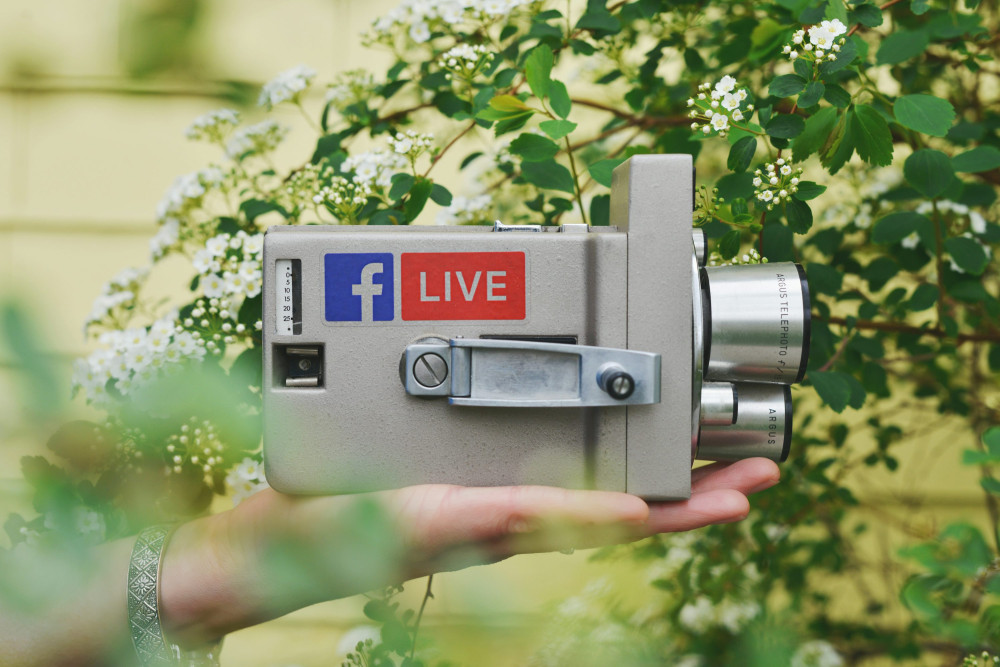
How Much Does Ryan Harvey Make
Introduction to Ryan Harvey
Ryan Harvey is an American musician, songwriter, and activist known for his contributions to the folk punk genre. Born in the late 1980s, Harvey gained recognition for his thought-provoking lyrics and engaging performances. He has been an influential figure in the DIY music scene, often using his platform to raise awareness for various social issues. As an artist, his primary revenue streams include music sales, live performances, merchandise, and crowdfunding. In this article, we will explore the various aspects of Ryan Harvey's income, his career trajectory, and how he has managed to sustain his livelihood as an independent artist.
Understanding Income Sources for Independent Musicians
For independent musicians like Ryan Harvey, income can come from multiple sources. Understanding these income streams is essential to estimating how much an artist earns. The primary sources of income for musicians today include:
- Music Sales: This includes digital downloads, physical album sales, and streaming revenue. With the rise of platforms like Spotify, Apple Music, and Bandcamp, musicians have adapted to new ways of distributing their music.
- Live Performances: Concerts and tours are significant revenue sources for independent artists. Ticket sales, merchandise sales at gigs, and pay-what-you-can shows contribute to a musician's overall income.
- Merchandise: Selling branded merchandise such as t-shirts, vinyl records, and other memorabilia can provide substantial income. Many fans are willing to support their favorite artists by purchasing merchandise.
- Crowdfunding: Platforms like Patreon and Kickstarter allow artists to connect with their fans and receive financial support directly. This method has become increasingly popular among independent musicians, allowing them to fund new projects without traditional music industry backing.
- Licensing and Royalties: Some musicians earn money through licensing their music for use in films, TV shows, or commercials, as well as through royalties from radio play or public performances.
Ryan Harvey's Career Journey
Ryan Harvey's musical journey began in his teenage years, influenced by the folk punk movement and various social justice causes. He has released several albums, each reflecting his personal experiences and political beliefs. His music often addresses themes such as inequality, activism, and the struggles of everyday life, resonating with a diverse audience.
Over the years, Harvey has toured extensively, performing at numerous venues and festivals across the United States and beyond. His commitment to the DIY ethos has allowed him to build a loyal fan base, which significantly contributes to his income. By engaging with fans through social media and live performances, he has cultivated a community of supporters who appreciate his music and message.
Estimating Ryan Harvey's Earnings
Estimating the exact earnings of an independent artist like Ryan Harvey can be challenging due to the variability in income sources. However, we can analyze some general figures to provide an approximation.
1. **Music Sales:** On average, independent musicians earn around $0.005 to $0.01 per stream on platforms like Spotify. If we assume Ryan has a modest following and receives 100,000 streams per month, this could yield anywhere from $500 to $1,000 monthly from streaming alone. Additionally, if he sells around 500 physical albums per year at $10 each, this would generate an additional $5,000 in album sales.
2. **Live Performances:** Live shows can vary significantly in terms of earnings. If Ryan performs 50 shows a year and averages $200 per show, this could add up to $10,000 annually. However, this number can increase dramatically if he plays larger venues or festivals.
3. **Merchandise Sales:** Merchandise can be a lucrative part of a musician's income. If Ryan sells an average of 50 items per show at an average price of $20 each, this could amount to an additional $1,000 per show, resulting in $50,000 annually if he performs 50 shows.
4. **Crowdfunding:** If Ryan utilizes platforms like Patreon to connect with fans, he might earn anywhere from $1,000 to $5,000 per month, depending on his subscriber count and tier levels. This could provide a significant boost to his annual income.
5. **Licensing and Royalties:** While this can be unpredictable, licensing deals can bring in additional revenue. If Ryan secures a few licensing deals throughout the year, this could add anywhere from $1,000 to $10,000 to his total earnings.
Realistic Income Estimates
To summarize, here’s a rough estimate of Ryan Harvey's potential annual earnings based on the discussed factors:
- Music Sales: $5,000
- Live Performances: $10,000
- Merchandise Sales: $50,000
- Crowdfunding: $12,000 (assuming $1,000 per month)
- Licensing and Royalties: $5,000
Adding these figures together, we can estimate Ryan Harvey's annual income to be approximately $82,000. This figure is a rough estimate and can vary significantly based on the number of shows he plays, his streaming numbers, and his success in merchandise sales.
The Impact of Social Media and Online Presence
In today’s digital age, an artist's online presence can greatly influence their income. Social media platforms such as Instagram, Facebook, and Twitter allow musicians to promote their work, engage with fans, and share their message. Ryan Harvey has leveraged these platforms to grow his fan base and increase his earning potential.
Through consistent engagement, he can keep his fans informed about upcoming shows, new releases, and merchandise availability. This level of interaction fosters a sense of community and loyalty among his fans, encouraging them to support him financially through concerts and merchandise.
Moreover, platforms like YouTube can serve as additional revenue streams. By posting music videos, live performances, and vlogs, Ryan can monetize his YouTube channel through ad revenue and sponsorships, further contributing to his overall earnings.
Challenges Faced by Independent Artists
While independent artists like Ryan Harvey have the freedom to create and distribute their music on their terms, they also face numerous challenges. The music industry can be unforgiving, and many artists struggle to make a sustainable living. Some common challenges include:
- Competition: With the rise of digital music distribution, the number of independent artists has skyrocketed. Standing out in a crowded market can be difficult, and many musicians find it challenging to gain traction.
- Financial Instability: Earnings can fluctuate significantly from year to year based on releases, touring schedules, and other factors. This unpredictability can make it difficult for artists to budget and plan for the future.
- Limited Access to Funding: Independent artists may struggle to secure funding for projects due to the lack of traditional label support. This limitation can hinder their ability to produce high-quality recordings or promote their music effectively.
- Time Management: Balancing music creation, promotion, and financial management can be overwhelming for independent artists who often juggle multiple roles.
In conclusion, estimating how much Ryan Harvey makes involves analyzing various income sources, including music sales, live performances, merchandise, crowdfunding, and licensing. While we can approximate his annual income to be around $82,000 based on several assumptions, the reality can vary widely depending on numerous factors.
Ryan Harvey's dedication to his craft, community engagement, and ability to adapt to the changing music landscape have allowed him to maintain a sustainable career as an independent artist. Despite the challenges he faces, his commitment to his music and message continues to resonate with fans, ensuring that his work remains impactful and relevant.
As the music industry continues to evolve, independent artists like Ryan Harvey will need to adapt and find innovative ways to connect with their audience and generate income. His journey serves as an inspiration to many aspiring musicians navigating the complexities of the modern music landscape.


